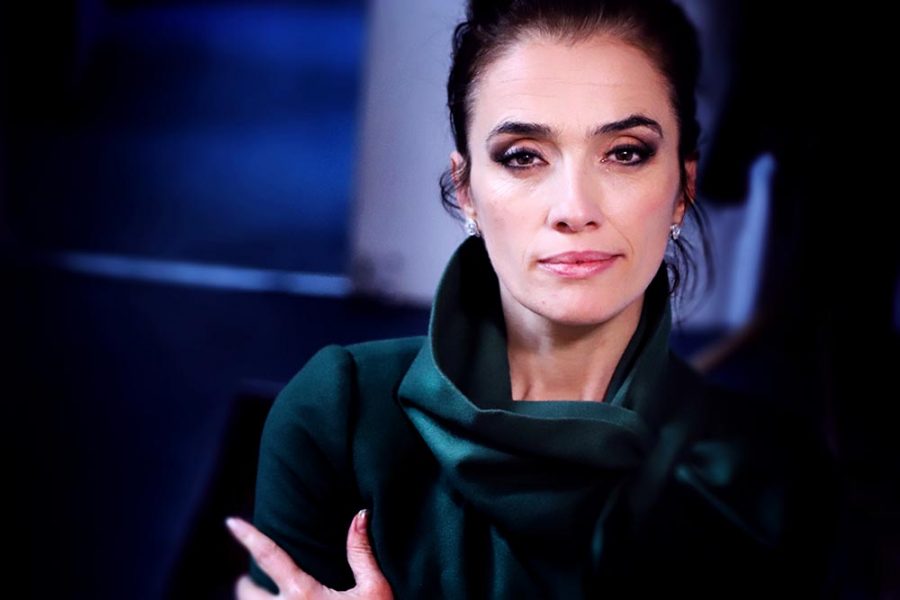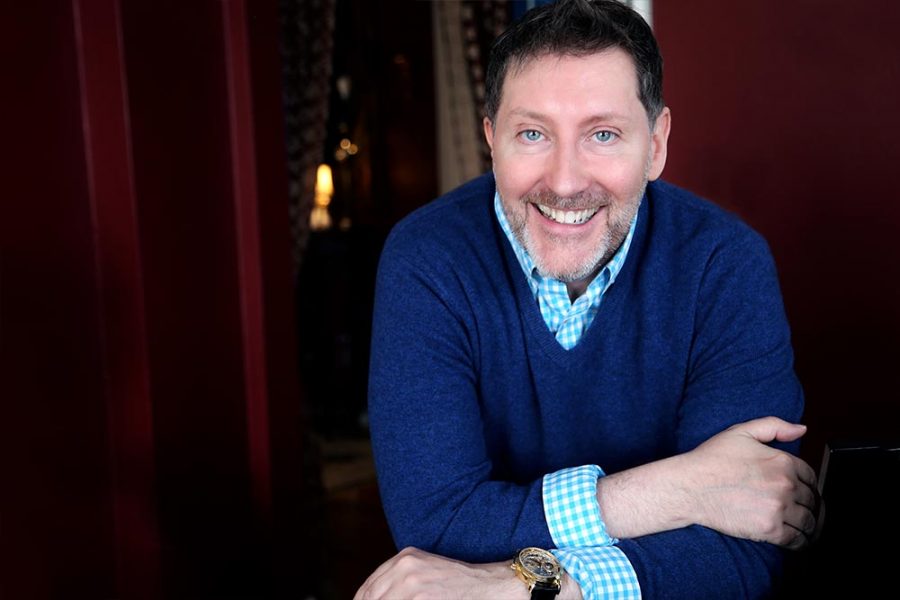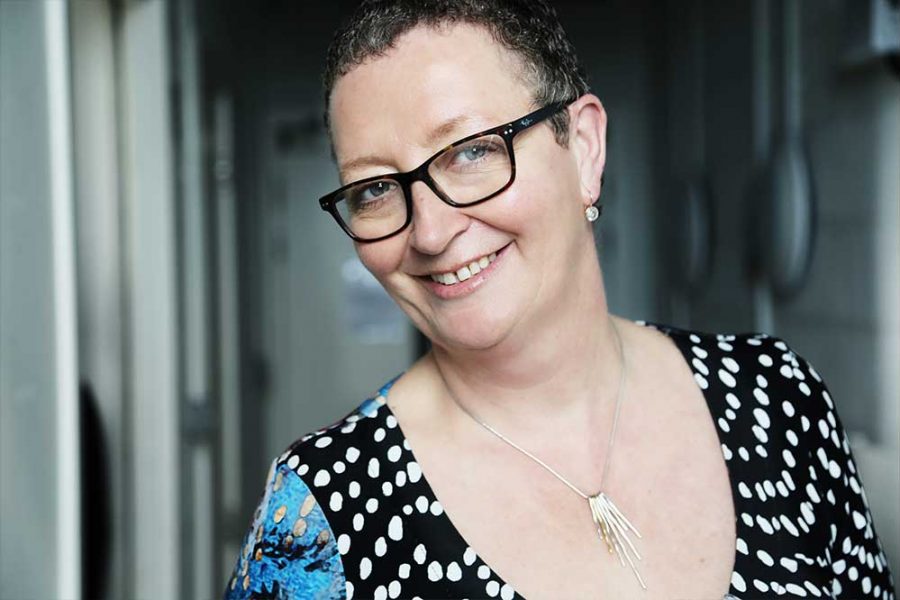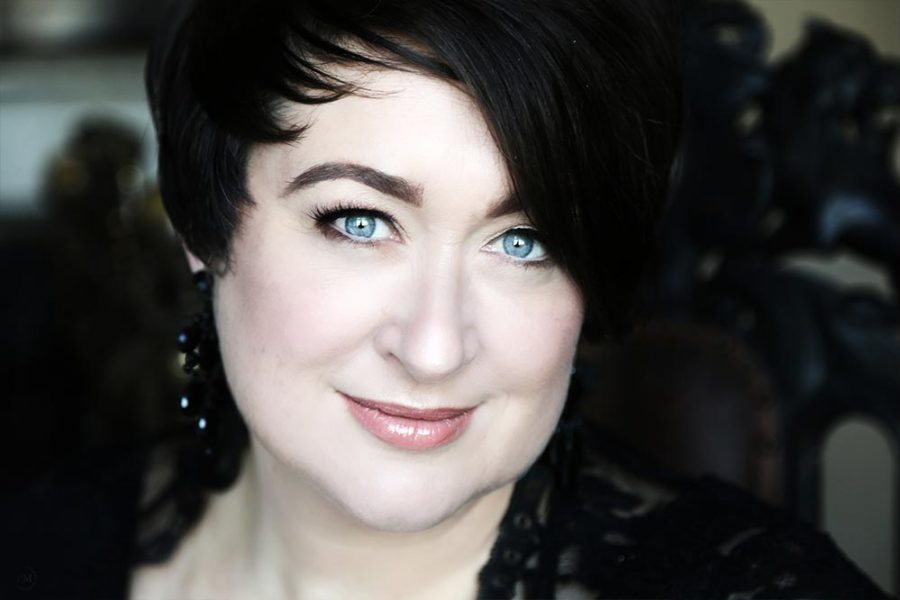Sprinkling Some Stardust: Robert Dean

February 2016
Words by
Emer Nestor
Photos by
Frances Marshall
As Professor of Singing at the Guildhall School of Music and Drama, Robert Dean is highly respected for his accomplishments as a vocal coach and pedagogue. Having sung baritone with some of Europe’s finest opera companies, Dean retired from singing in 1987 to embark on a career as a freelance conductor and teacher.
He has conducted at Grange Park Opera, Holland Park Opera, English Touring Opera, British Youth Opera, Opera Theatre Company, and with orchestras including the Philharmonia, Royal Scottish Orchestra, Royal Philharmonic, BBC Concert Orchestra, City of London Sinfonia and London Mozart Players. Dean has been part of the fabric of opera in Canada since 1993 and regularly appears as guest conductor. From 1989–1993 he served as Head of Music at Scottish Opera and went on to assume the position of Artistic Director of the Philharmonia Chorus (1998–2008). Alongside his numerous positions as an adjudicator, Dean has also been guest vocal coach at the National Opera Studio, Glyndebourne and at the Royal Danish Academy in Copenhagen. His students have garnered immense success throughout the world in a variety of international singing competitions, with many becoming members of the Jette Parker Scheme at Covent Garden.
In our interview with Dean, he discusses career highlights, the dos and don’ts of performing on stage, the value of masterclasses, and gives us some tips for would-be opera stars.
...I had a gut feeling that I would rather have my back to the audience as a conductor than face them as a singer."

Did you know that opera would be your world from an early age?
Yes! My parents had a 1928 recording of Verdi’s Rigoletto on sixteen 78rpm discs and I remember playing them continually, mesmerized by the black discs playing the music, but also following the story with a picture book. Then, when my parents decided I was old enough (I think I was 8 years old), they took me to see The Barber of Seville at Sadler’s Wells Theatre—a perfect introduction to staged opera for any young person and even then, I knew I wanted to be part of that world.
Why did you decide to retire from active singing as a baritone in favour of conducting and pedagogy?
Singing came so easily to me but I never felt entirely comfortable with it. Technically, I felt I was not on top of my game, despite some excellent teaching. Even though I enjoyed immersing myself in the characters I was playing, or the songs I was singing, I had a gut feeling that I would rather have my back to the audience as a conductor than face them as a singer. This of course took some years to recognise and even understand. However, when I made the decision to stop, it felt like a natural transition to conducting, partly because I had wanted to do this since seeing Sir Malcolm Sargent conduct Beethoven’s Fifth Symphony at the Proms when I was 9. From that moment onwards, I always managed to find conducting projects to do—through school, university and music college—even when I was supposed to be a singer. So when I made the decision to finally stop singing in my early thirties, I knew I still had something to give to the music profession, but it was no longer through my voice. The teaching side of things came into play when I became a member of the music staff at Scottish Opera, and singers kept knocking on my door asking for coaching, and then voice lessons.
Were you a natural conductor from the onset or did you have to work hard at your craft?
I met Sir Adrian Boult when I was 14 and he was most encouraging to me. I campaigned for conducting lessons at the Royal College of Music when I was a Junior Exhibitioner there (from age 11–18), and to my surprise I received them, as they were not on the curriculum. It was my introduction to the basics of technique, but everything else was learned through opportunity and on-the-job experience. I felt, and still feel, very natural as a conductor and I continue to try and let the music flow through me to signal my intentions to singers and players.
Having come from a performance background, as opposed to one in administration, was your time as head of Scottish Opera (1989–1993) an eye-opening experience?
Yes, it certainly was. As a singer, I hadn’t realised the importance of the administrative staff in making the crucial artistic and financial decisions—you just don’t think about it when you are an employee. There aren’t enough people in positions of power who have actually performed and who understand the performers’ needs to create an atmosphere in which everyone can give their best. I believe I was held in some degree of respect at Scottish Opera because I had been on stage, and had been a true member of the Company before becoming a staff conductor and then Head of Music. It didn’t make the job any easier but I did understand things from the inside, and that was a revelation. Wasted money, wasted opportunities, and poor judgements all happen in every company, and although I can now understand how it happens, it really shouldn’t!
What are your most memorable moments from your time as Artistic Director of the Philharmonia Chorus (1998–2008)?
I had many high points working with the Chorus. My belief was that I could give 120+ people twice-weekly singing lessons through the rehearsal process. I am proud to think that I raised the technical ability of the Chorus and, as a result, we had many memorable concerts during my tenure: the Philharmonia’s 50th anniversary concert with Riccardo Muti conducting Verdi’s Requiem; an outstanding Elijah with Wolfgang Sawallisch, when the opening chorus of “Help, Lord!” nearly blew the roof off the Festival Hall; and the association and wonderful vivid music-making with Sir Charles Mackerras, who became the Chorus’ Patron during my time with them. Concerts with Giuseppe Sinopoli, Colin Davis (particularly the Berlioz Requiem at the Proms with 300 singers, including the entire forces of the Guildhall School of Music and Drama, the Paris Conservatoire and the Philharmonia Chorus—now available on YouTube), and Valery Gergiev were all special occasions.

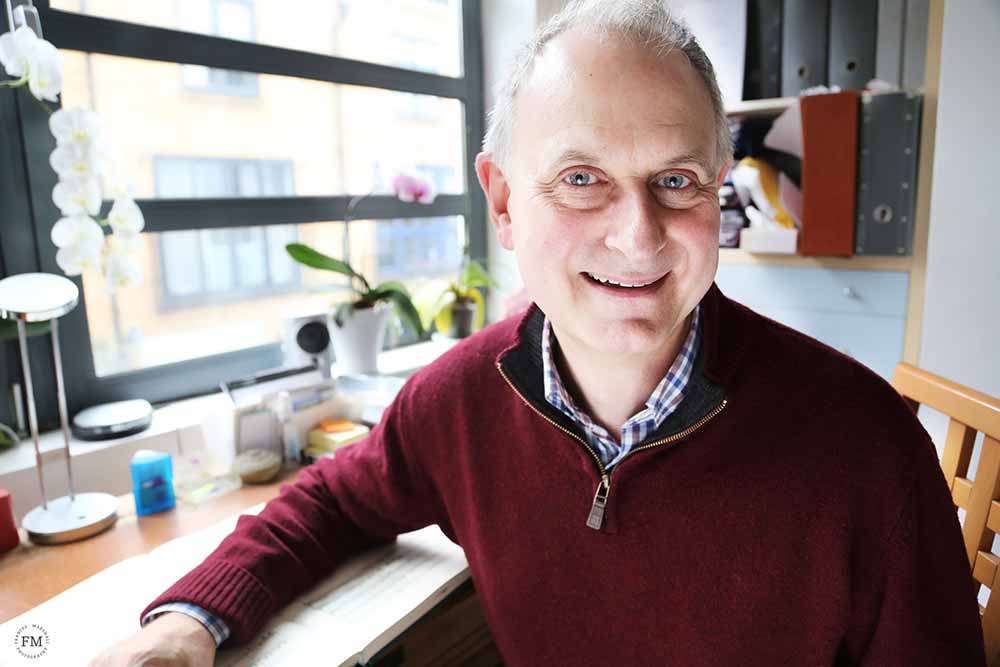


A singer’s understanding of the musical language and style, the sung language, the composer’s response to that, and the singer’s re-creative response, is an immense artistic responsibility."

Take us through your process when preparing a choir for a choral performance.
It has to be a thorough and organised process: giving the choir an idea of the piece by getting them to stumble through it from beginning to end, and then over the weeks, taking it apart—discovering the meaning of the text, the rhythm, the notes, and the technicality of performing the work. It all has to be melded into a final product. Sometimes you think you are never going to get there, but suddenly the corner is turned and it all comes together. Needless to say, the choral director has to be the most organised person in the room, particularly with deadlines to meet.
How do you motivate the chorus in an operatic production?
By immersing them in the dramatic situation—ultimately, it is the stage director’s job to bring their involvement into the piece, but the music often says it all. One hopes to work with a director who is musically responsive and understands what they are hearing. It doesn’t always happen but then it is up to the conductor to infuse the chorus with enthusiasm and commitment through the music.
When preparing a singer for a new role, what are the main steps that he/she must tackle in order to bring the music from the classroom to the stage?
Thorough preparation of all aspects of the role is fundamental. A singer’s understanding of the musical language and style, the sung language, the composer’s response to that, and the singer’s re-creative response, is an immense artistic responsibility. As a coach, it is my job to open the singer’s eyes to what they see on the page, and bring the psychology of the character into play while learning the role. It is not just about accurate notes and rhythms.
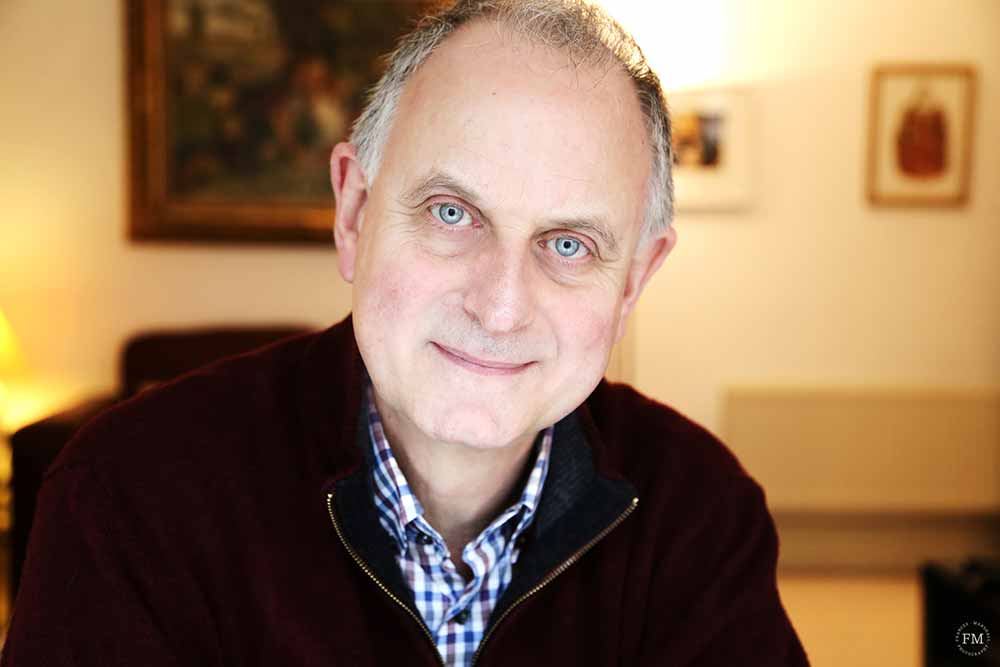


Top 5 things NOT to do on stage?
1. Corpse (make your colleagues laugh).
2. Lose concentration—so easy to do when there are so many things that can go wrong.
3. Upstage a fellow singer—it’s really bad form making a singer sing upstage.
4. Stare directly at the conductor—video monitors have alleviated this but there are still singers who will, through insecurity, ignore them!
5. Drop the props—clumsy singers are a liability.
What draws you to bel canto opera in particular?
The beauty of the vocal lines and the vocal response required to bring them alive. So many people think that bel canto opera is a moribund art form, but when brought to life by singers who truly understand it, it can be as vital as the verismo operas of Puccini.
When giving Masterclasses, what are the most common technical errors that you come across?
No two singers have the same problems. For me, it is about calculating which particular nugget of information will be useful to a singer within the very short time that you get to work with them. It is important to remember that they are often in a public arena, which adds to their stress levels, so they are hardly ever relaxed about the situation. The masterclass should not be about the person taking it, but about the participating singers. However, audiences want to feel that you have worked your magic in a 20-minute session with a singer, so you have to think and react quickly to what you hear, and try to sprinkle some stardust. Whether this is in anyway lasting for the singer is debatable. As a participant, I clearly remember Elisabeth Schwarzkopf’s masterclasses because she was so fierce and unrelenting in striving for perfection, but I am not sure I remember any of the information she passed on. We were all so intimidated by her.
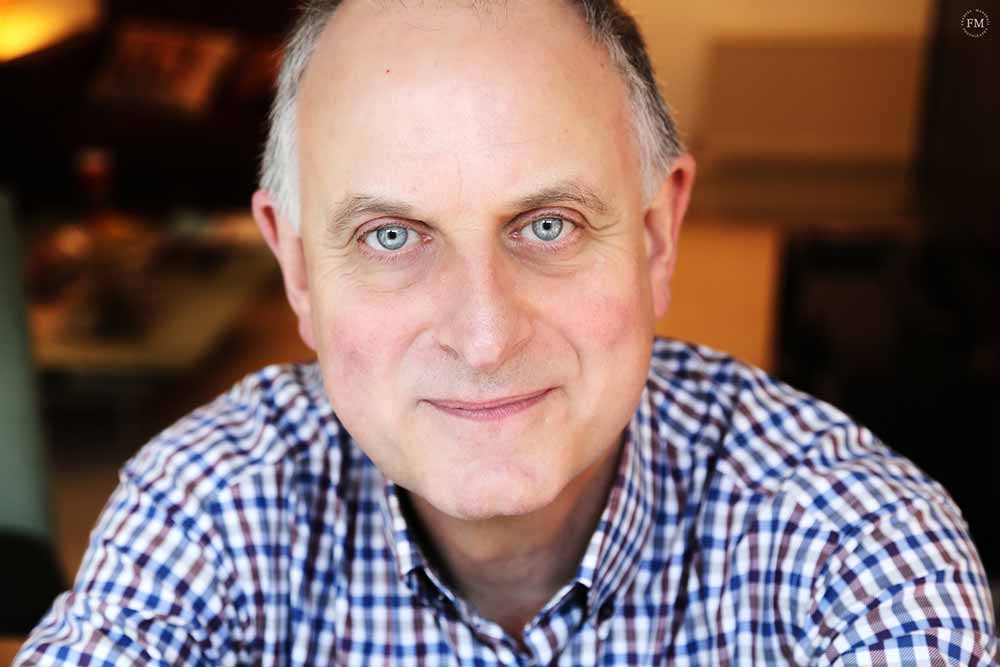

In reality, how hard is it to make it as a professional singer?
It is incredibly difficult. Today, singers have to be so versatile and accomplished in many different areas, from being good actors to being good musical stylists. A good grounding in musicianship is now essential for a modern singer. In many cases the hours of coaching that were once available to a singer in an opera house are no more, and the singer is often made to stand on their own feet, which can sometimes result in them coming to the rehearsal room inadequately prepared. Word can get around very quickly and singers can be blacklisted among casting panels if they are difficult or have arrived with the music unlearned. Being in the public eye, singers are continually talked about, assessed and judged—sometimes unfairly—and as a singer, you have to let unjustified criticism go over your head while seriously considering the justified criticism.
What advice would you give to any young singer who wants to be the next opera star?
Work hard and devote yourself to your art. There are no short cuts and if they are taken, the singer will never last the course.
Tell us about your long-standing association with opera in Canada.
My ex-boss at Scottish Opera originally employed me in Canada when he became Artistic Director of Edmonton Opera. That was in 1993, and I have had a long association ever since, not only with Edmonton but with Calgary too. It has been a fruitful relationship and I have had the opportunity to conduct many operas for both companies there, and they have almost always been rewarding artistic experiences.
From your vast experience in the leading opera venues of the world, both as performer and conductor, what do you enjoy most about the opera-house experience?
When everything works, it is like a big family putting on a show. There is nothing quite like the excitement of opening night, especially if the rehearsals have gone well, and then settling into the run of performances becomes a very heart-warming and rewarding experience.
What lies ahead for you and your students over the coming months?
I have just conducted Verdi’s Requiem in Oxford—a much-loved piece of mine. In this performance, the soloists were all drawn from singers I work with on a regular basis, which was very special for me. At the Guildhall Opera School, I have 4 students in Britten’s The Rape of Lucretia, which opens shortly. I am then off to Canada to conduct one of my favourite pieces, Maria Stuarda, for Edmonton Opera, and on my return I will adjudicate the Navan Choral Festival Competition [Ireland]. After Christmas, I will return to Canada to conduct a fantastic (almost) new Canadian opera, John Estacio’s Filumena, which I conducted for television in 2005. Re-learning this and conducting it for the stage again will be an absolute joy. I never cease to remind myself of how lucky we are in this business. New opportunities and a never-ending renewal of creativity are the stuff of our artistic lives, preserving our enthusiasm and energy. It is way better than sitting behind a desk all day!
All images displayed in this article are subject to copyright.
Share this article


